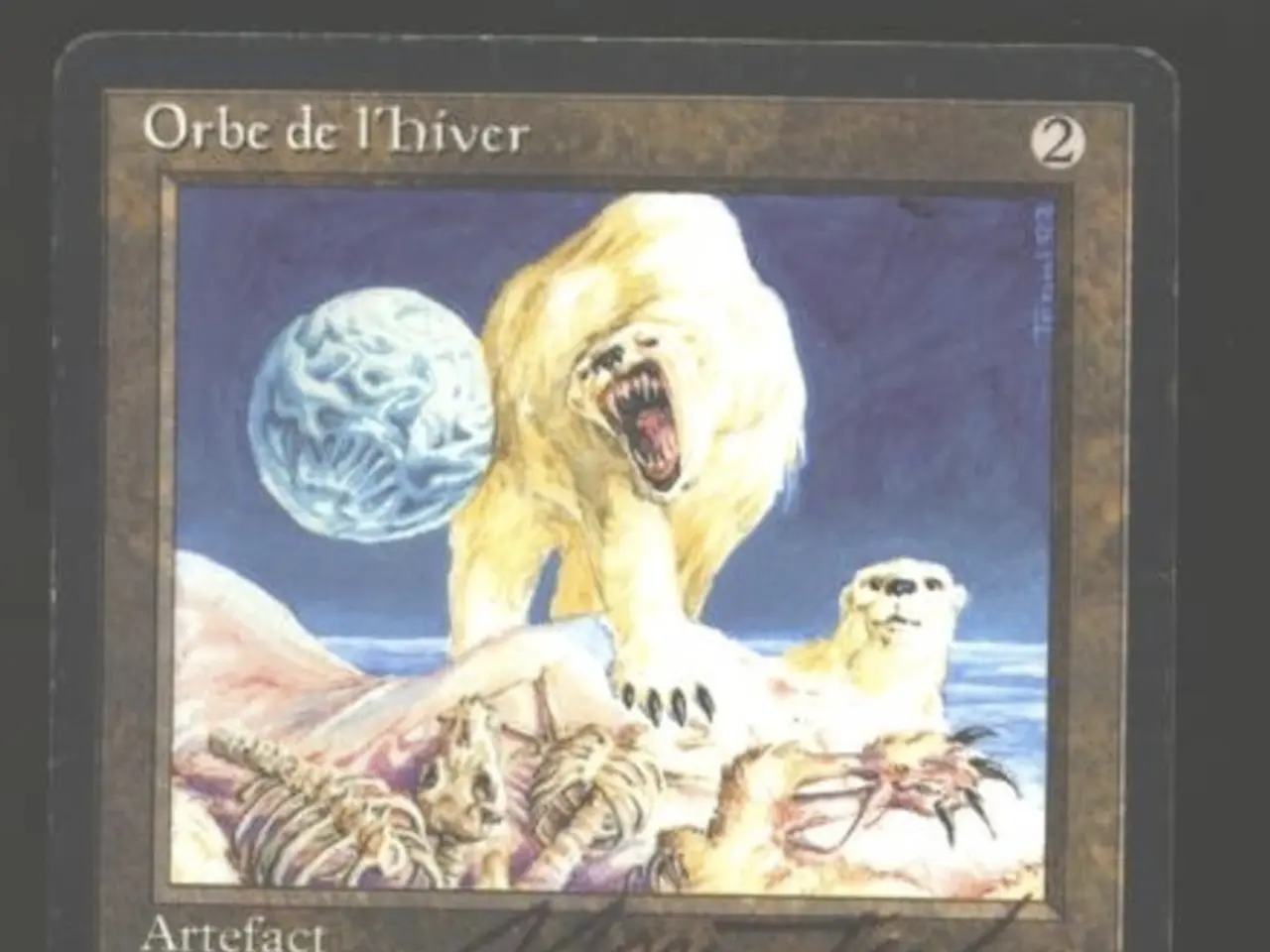Enigmatic Quizzes for Children (Complete with Solutions)
=========================================================================
Easy riddles are a delightful way for children to develop their critical thinking skills, foster curiosity, and have fun. These puzzles encourage creative and logical thinking, spark curiosity, and enhance problem-solving abilities.
By presenting children with challenges that require analysis and evaluation, easy riddles help to cultivate strong critical thinking skills. They prompt open-ended questions and exploration, nurturing a child's ability to analyze information, recognize patterns, and make decisions based on evidence.
Riddles also develop problem-solving skills through multi-step reasoning. Solving a riddle requires concentration and perseverance, as children hold multiple pieces of information in mind, plan steps towards a solution, and maintain focus despite distractions. This process strengthens working memory and sustained attention, supporting learning across subjects.
Moreover, easy riddles build confidence and enjoyment in learning. They make thinking fun and rewarding, empowering children to approach challenges thoughtfully and with enthusiasm.
Here are some examples of easy riddles:
- What has a face but can't smile? (Answer: A clock)
- What can you catch but not throw? (Answer: A cold)
- What begins with T, ends with T, and has T in it? (Answer: Teapot)
Funny riddles aim to make children think and giggle at the same time. They provide a light-hearted approach to problem-solving, making learning enjoyable.
- Which fish costs the most? (Answer: A goldfish)
- What happens when a sheep studies karate? (Answer: A lamb chop)
- What kind of tree fits in your hand? (Answer: A palm tree)
Math riddles make numbers and equations both fun and challenging. They help children to understand mathematical concepts in a playful way.
- If you drop a yellow hat in the Red Sea, what does it become? (Answer: Wet)
- You see a boat filled with people. It has not sunk, but when you look again you don't see a single person on the boat. Why not? (Answer: They're all married)
Easy riddles are a versatile tool for building critical thinking skills. They can be tailored to various age groups and interests, making them a valuable resource for parents, teachers, and caregivers. By incorporating easy riddles into their daily activities, children can develop essential skills that will serve them well in both academic and real-life situations.
Read also:
- Top 5 ASX-Listed Graphite Companies Projected for 2025
- Fascinating Albino Bat Unveils 9 Remarkable Points You'll Adore
- Someone's use of the terminology "box-pap" hints at their discussion or allusion to a particular matter or topic.
- Comedian stricken with Coxsackie virus following a trip to Altai region







